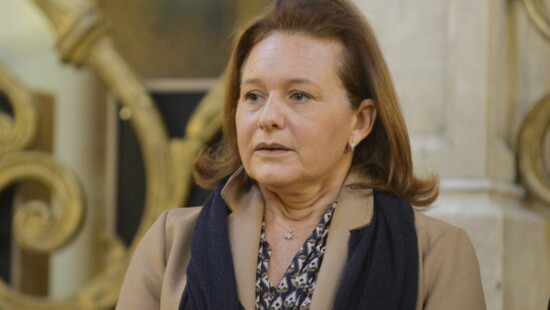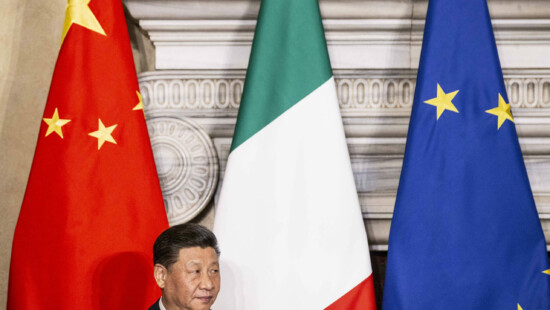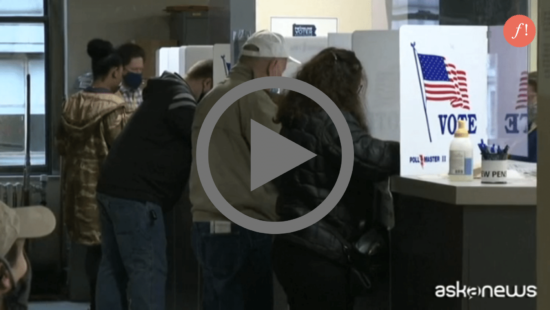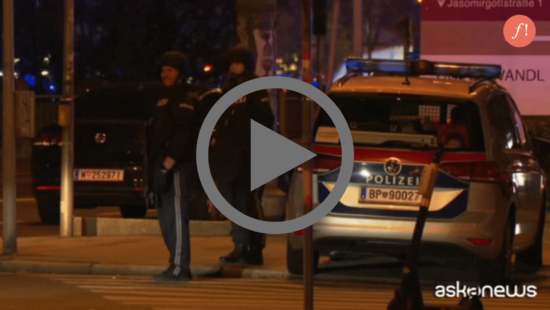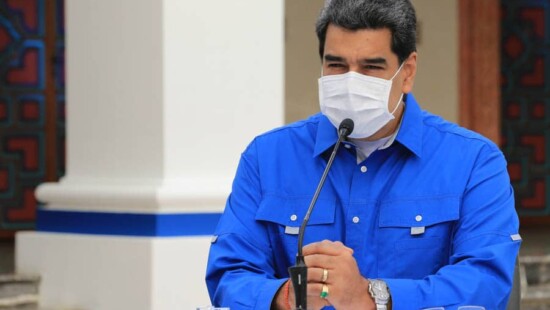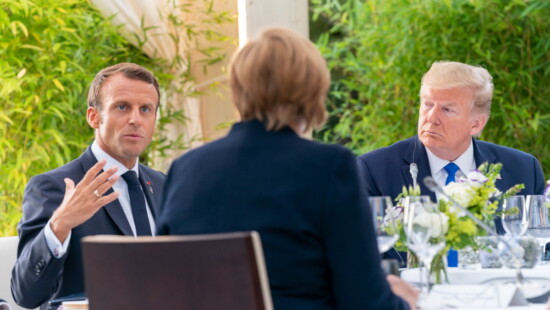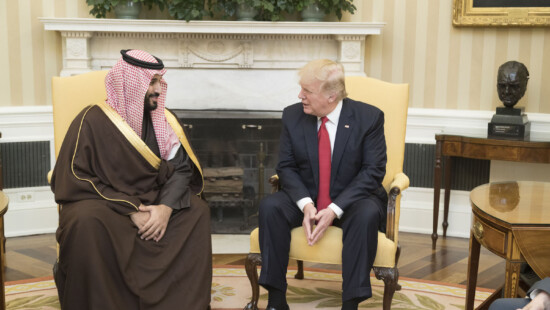Ruth Dureghello, presidente della Comunità Ebraica di Roma, commenta gli ultimi attentati in Europa: “Manca coraggio, c’è ancora molta paura di condannare il fondamentalismo islamico. L’antisemitismo in crescita è un segnale ulteriore di un pericolo più ampio”
Archivi
Iran, Scita spiega cosa cambierà dopo Usa2020
Trump o Biden, cosa cambierà con l’Iran e per l’Iran? Jacopo Scita (Durham University) analizza quali sono le problematiche interne a Teheran sullo sfondo del post-Usa2020
A chi piace (e a chi no) la nuova Chiesa di papa Francesco. Report Swg
Sotto la lente d’ingrandimento di Swg la posizione degli italiani nei confronti della Chiesa e dell’azione di papa Francesco. Si scopre che tra gli oppositori al pontefice si raccolgono gran parte degli elettori di centrodestra, mentre tra i papa boys una fetta considerevole di elettori che guardano a sinistra. Tutti i dati
Dal Bataclan a Vienna. Analisi del (nuovo) terrorismo insurrezionale
Claudio Bertolotti (direttore di Start InSight e dell’Osservatorio sul radicalismo e il contrasto al terrorismo, ReaCT) e Chiara Sulmoni (presidente di Start InSight) analizzano l’attacco a Vienna alla luce dei precedenti attentati in Europa: strutturato e coordinato, ma meno efficace. È “un terrorismo, nuovo e insurrezionale, che si impone come fenomeno sociale e che si basa su azioni individuali ed emulative”
Trump o Biden, purché non sia Xi. Scrive Zennaro
L’esito delle elezioni presidenziali americane non cambierà la bussola della politica estera italiana. Dal reshoring cinese alla sovranità tecnologica, ci sono direttive sicure che prescindono da una vittoria di Trump o Biden. Il commento di Antonio Zennaro, deputato e componente del Copasir
Usa 2020, oggi election day. Biden promette: è l'inizio di un nuovo giorno. Il video
Usa 2020, oggi election day. Biden promette: è l'inizio di un nuovo giorno [embedyt] https://www.youtube.com/watch?v=bUQjH358q-w[/embedyt] Milano, 3 nov. (askanews) - Dopo una campagna elettorale tumultuosa, l'elettorato americano che ancora non si è espresso attraverso il voto anticipato, si reca alle urne oggi, nell'election day. La scelta tra il presidente repubblicano uscente Donald Trump e il rivale democratico Joe Biden chiude…
Attacco a Vienna, cinque morti nella strage presso la sinagoga. Il video
Attacco a Vienna, cinque morti nella strage presso la sinagoga [embedyt] https://www.youtube.com/watch?v=KYwJzqGoZx0[/embedyt] Vienna, 3 nov. (askanews) - Il ministero dell'Interno austriaco ha dispiegato tutte le forze a disposizione nel centro di Vienna colpito da un molteplice attacco terroristico che ha visto almeno 5 morti (tra i quali anche un terrorista simpatizzante Isis) e almeno 15 feriti. "Evita tutti i luoghi…
Usa2020, ecco chi (non) tifa Maduro
La strategia politica contro il regime venezuelano di Maduro è parte della campagna elettorale statunitense. Joe Biden e Donald Trump a caccia del voto latino
Biden o Trump? Cosa cambia per la Germania e l'Ue. Parla Benner (Gppi)
“La vittoria di Trump potrebbe portare consensi al candidato Spd Scholz, per molti il più simile a Merkel”. Thorsten Benner, cofondatore e direttore del Global Public Policy Institute di Berlino, analizza le elezioni presidenziali statunitensi e l’impatto sulla Germania e sul post Merkel
Usa2020, il riflesso sul Golfo. L'analisi di Bianco
Cosa succederà nel mondo mediorientale se fosse riconfermato Donald Trump alla guida degli Usa è per certi versi già tracciato: il solco è quello degli Accordi di Abramo e dell’ingaggio totale contro l’Iran. Ma se vincesse Biden? Le risposte di Cinzia Bianco (Ecfr)




